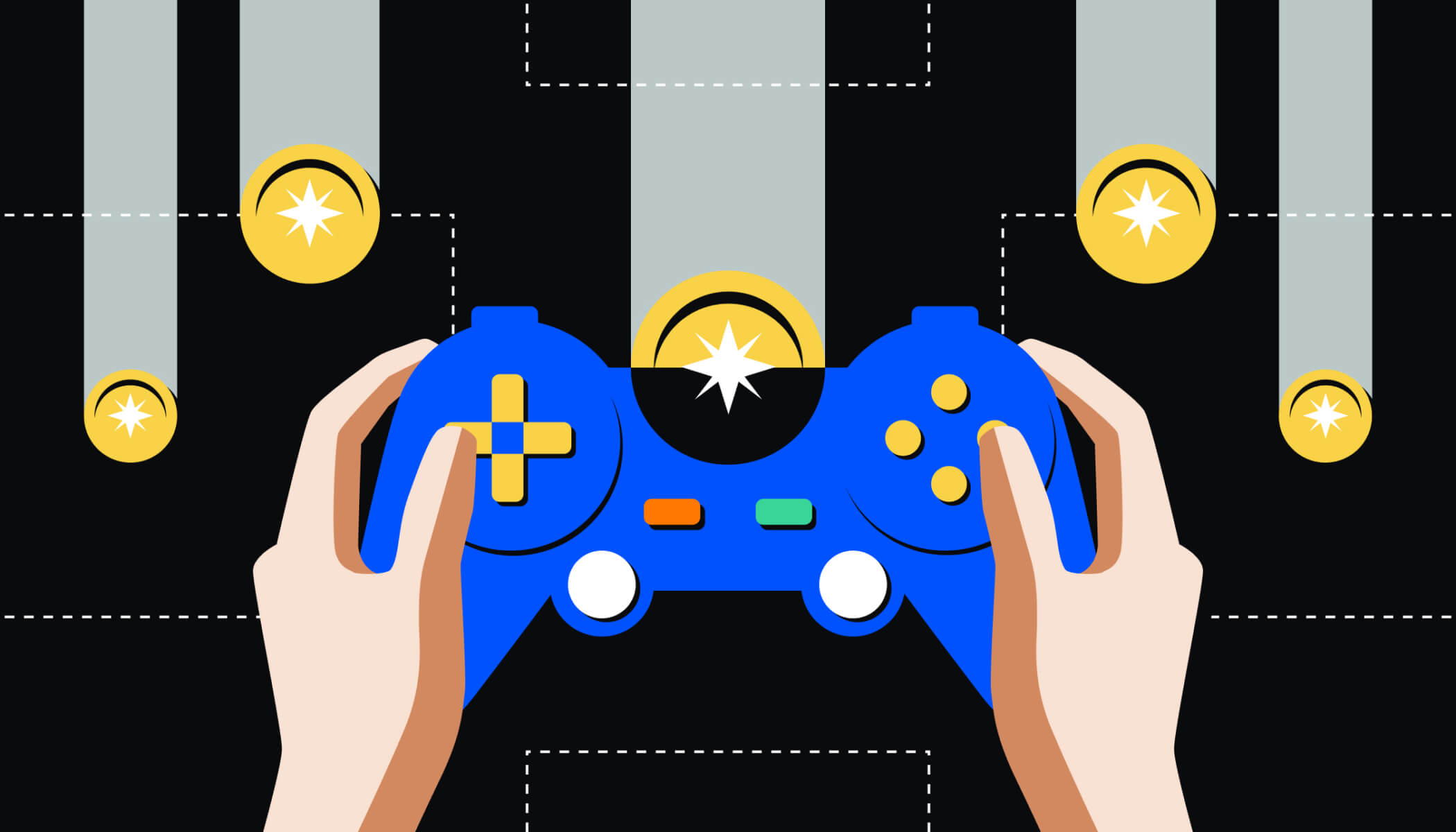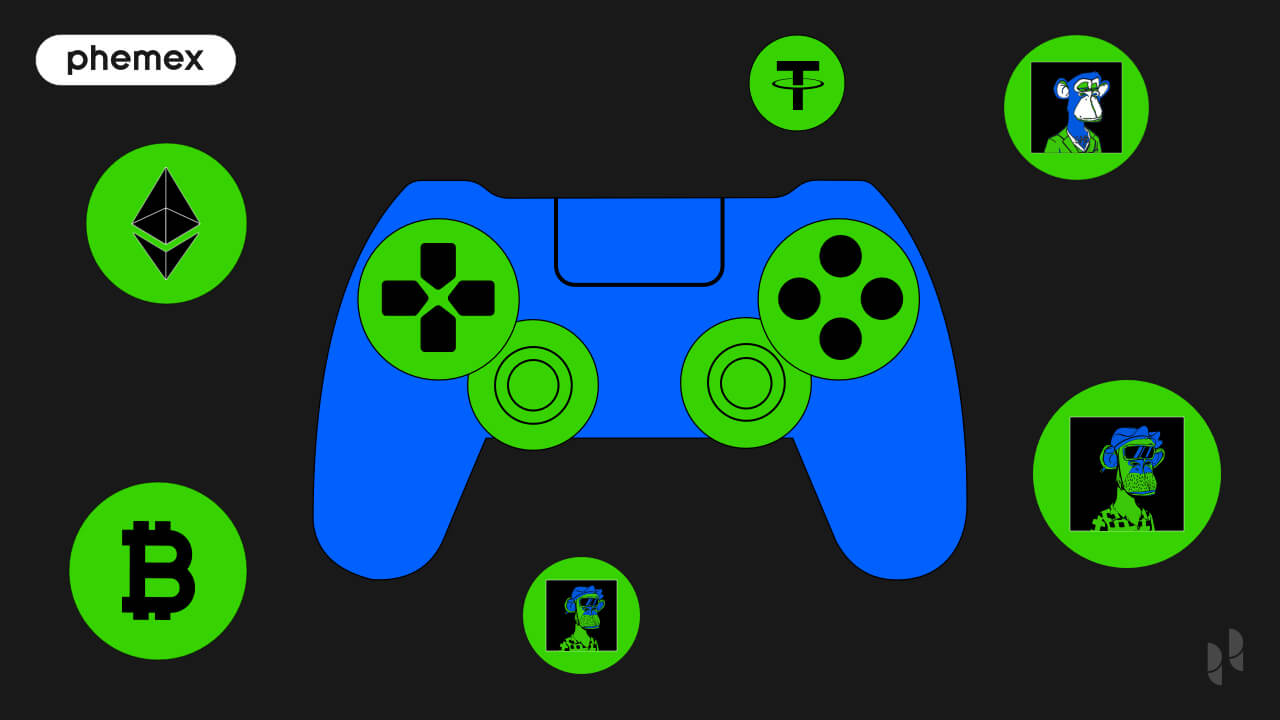Key Takeaways:
- Web3 games use blockchain and smart contracts to reward players with cryptocurrency and NFTs.
- Play-to-earn models turn gaming into a potential income source while ensuring fair, trustless gameplay.
- Players can earn, trade, and sell assets across platforms, creating a real-world value ecosystem.
Introduction: Play-to-Earn in the Web3 Era
Web3 games are transforming gaming from purely entertainment to a financial opportunity. Unlike traditional games, where in-game rewards have no real-world value, Web3 games allow players to earn cryptocurrency and non-fungible tokens (NFTs) that hold tangible value outside the game.
At the core of this revolution are blockchain technologies and smart contracts. These tools automate reward distribution, ensure transparent gameplay, and give players true ownership of digital assets, making Web3 gaming a trustless, verifiable ecosystem.
How Smart Contracts Enable Crypto Rewards
Smart contracts are self-executing programs on the blockchain that define the rules of a game. When a player completes an objective—such as winning a match, completing a quest, or achieving a milestone—the smart contract automatically executes and distributes rewards.
This automation ensures fairness: no central authority can manipulate outcomes or deny rewards. Players can verify transactions on the blockchain, giving confidence that the earned crypto or NFTs are secure and legitimately theirs.
Play-to-Earn Mechanics: Turning Gaming into Income
Web3 games often use play-to-earn (P2E) models, which allow players to earn cryptocurrency for their time, skill, and in-game accomplishments. Common P2E mechanics include:
- Quests and Challenges: Completing missions earns tokens or NFTs.
- Competitive Tournaments: Top players receive crypto rewards based on performance.
- Asset Trading: Players can sell rare items or NFTs on decentralized marketplaces.
- Staking & Yield: Some games allow players to stake tokens earned in-game to earn additional rewards over time.
These mechanics create a new layer of value for players, making gaming both entertaining and potentially profitable.
Real Ownership and Interoperability
A key difference between Web3 and traditional games is ownership. Players truly own the assets they earn, thanks to blockchain verification. This means items can be traded, sold, or even used across different games and platforms, unlike conventional in-game currency or rewards that are locked within a single game.
This interoperability increases the real-world value of gaming achievements and fosters a dynamic economy where players can capitalize on rare items and crypto rewards.
Conclusion: Gaming That Pays
Web3 games represent a paradigm shift in digital entertainment. By leveraging blockchain and smart contracts, these games reward players with real cryptocurrency, creating transparent, trustless systems where time and skill translate into tangible value.
As more players explore the Web3 ecosystem, play-to-earn gaming is set to expand, offering opportunities not just for entertainment but for financial empowerment. The future of gaming is here—and in Web3, playing isn’t just fun, it’s potentially profitable.
Disclaimer: The information in this article is for general purposes only and does not constitute financial advice. The author’s views are personal and may not reflect the views of GameDegen.com. Before making any investment decisions, you should always conduct your own research. GameDegen.com is not responsible for any financial losses.




